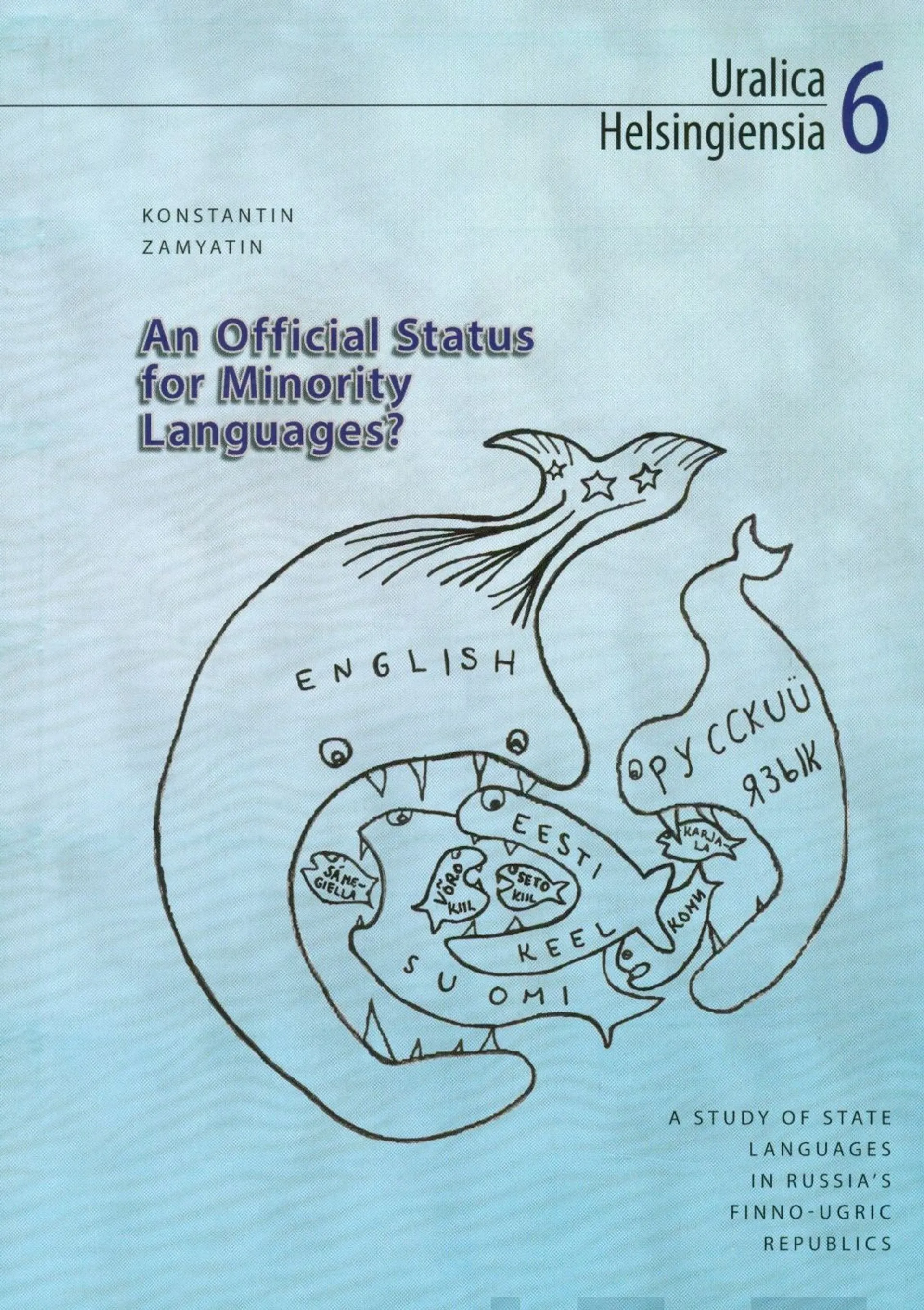This study focuses on the phenomenon of the granting of official status for minority languages. The concepts of official language and minority language do not seem to be completely compatible and their linking requires further specification. In theory, an official language has both symbolic and practical communicative functions. An official language that is also a minority language functions primarily as a national symbol and potentially may also possess the practical function as a language of the public authority. In the latter case, minority language is more often used as the language of communication between authorities and citizens rather than being the working language. Why are some minority languages nominated as official languages? The aim of this research is to explore the formation of the official status and its configurations for the state languages in the Finno-Ugric Republics of the Russian Federation in order to understand the reasons for their designation and to shed light on the specifics of the official status in the case of minority languages. This dissertation is an interdisciplinary study and its toolkit is not limited to theories of language policy but includes the wider perspectives of studies in ethnicity and nationalism. Common perspectives for both interdisciplinary fields are symbolist, revivalist, instrumentalist and institutionalist approaches. These theoretical approaches are employed to interpret the results of an empirical study. The case of Russia is particularly interesting as an empirical study because, alongside China and India, it possesses the world's greatest number of official languages. The case studies concerning Russia’s Republics demonstrated that one should distinguish at least three reasons for the designation of their state languages that were parts of parallel processes with different goals, meanings and consequences. The reasons for the officialization reveal different aspects of the official status and correspond to the three types of recognition: symbolic, political and legal. In the case of minority languages their official status functions foremost, and often exclusively, as a symbol of identity. Unless the minority language is the sole official language of the region, official status proves to offer only a limited language revival tool. However, this status also has an important function as a social institution that structures social relations.
Zamyatin, An Official Status for Minority Languages?
Normaalihinta 23,05 €
Huomaa pidempi toimitusaika
Huomaa pidempi toimitusaika
Tämä kirja on hankintatuote, joten toimitusaika voi olla tavallista pidempi. Arvioitu toimitusaika on noin 1–4 viikkoa.
- Ilmainen palautus 30 päivää
- Ilmainen toimitus Postin noutopisteeseen yli 100 € ostoksille.
- Asiakasomistajalle Bonusta jopa 5 %.
Oletko tyytyväinen tuotetietoihin?
Ovatko tuotetiedot riittävät? Jos tuotetiedoissa on puutteita tai niitä voisi muuten parantaa, anna palautetta.
